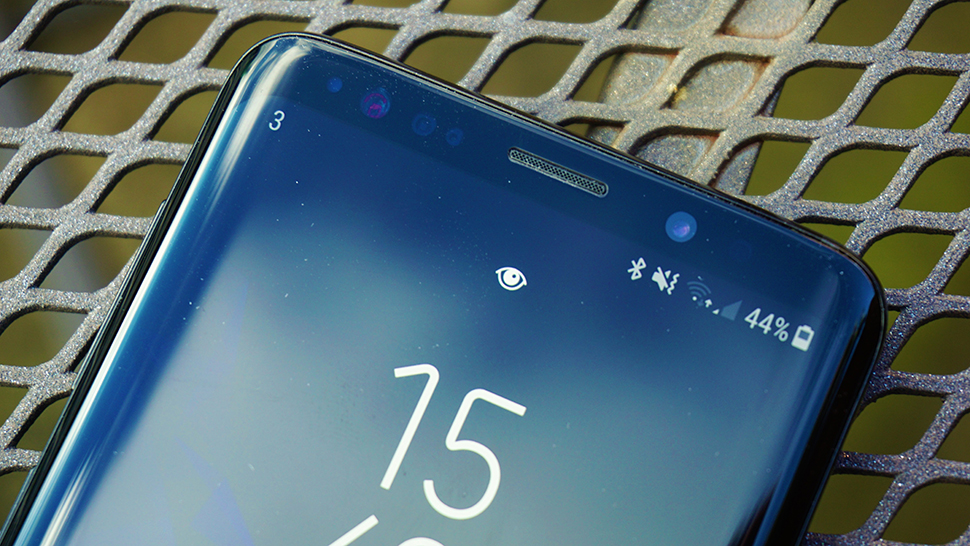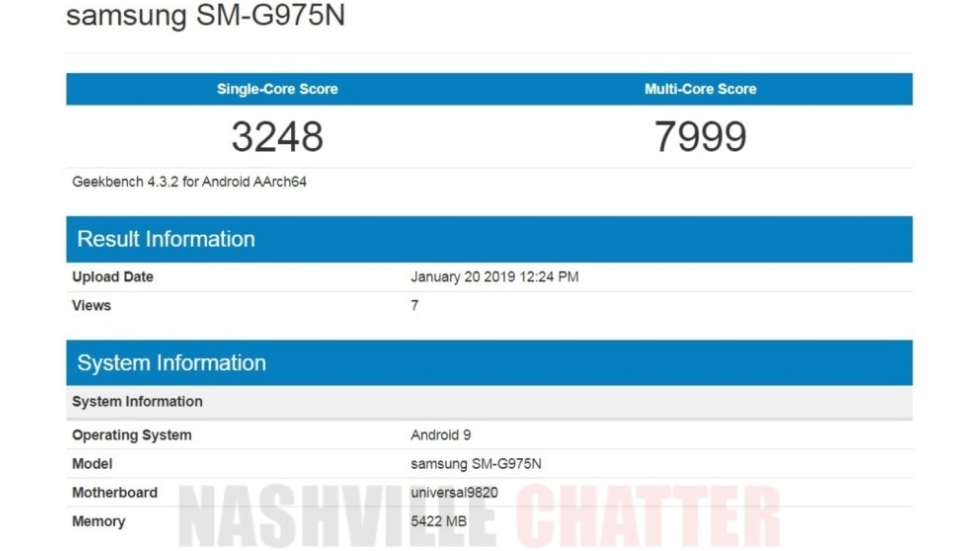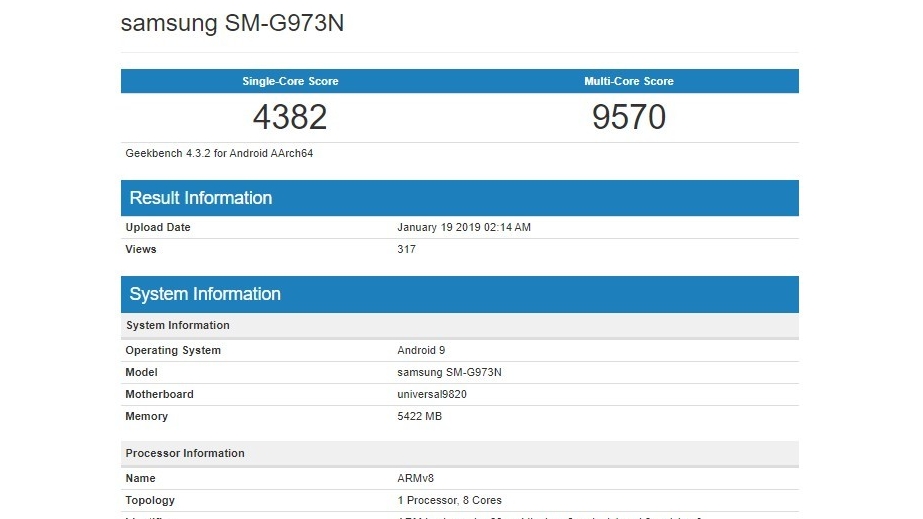Exynos versions of Galaxy S10 and S10 Plus just got benchmarked
With mixed scores

Not long ago we saw a benchmark for the Snapdragon 855 version of the Samsung Galaxy S10 Plus likely to land in the US, and now there’s a benchmark seemingly for the Exynos 9820 model, expected in most of the rest of the world, but its scores are somewhat lower.
In a Geekbench listing spotted by NashvilleChatter, the Galaxy S10 Plus with an Exynos chipset gets a single-core score of 3,248 and a multi-core one of 7,999. That’s despite being listed as having 6GB of RAM and running Android 9.
The earlier benchmark for the Snapdragon 855 model meanwhile has a single-core score of 3,413 and a multi-core result of 10,256.
It’s not entirely surprising that the Snapdragon model would score higher, especially as the chipset is made in a theoretically more efficient 7nm size, to the Exynos 9820’s 8nm.
However, the scores recorded by the Exynos version are also lower than many current flagships, including the likes of the iPhone XS and even the Samsung Galaxy S9 Plus.


From low to high(er)
However, this score might not be representative, as a benchmark for the standard Samsung S10 with the Exynos 9820 chipset (this time spotted by PhoneArena) has also emerged.
This has a single-core score of 4,382 and a multi-core result of 9,570, which is more in line with what we’d expect. This model is also listed as having 6GB of RAM and running Android 9.
Sign up for breaking news, reviews, opinion, top tech deals, and more.
Benchmarks do seem a bit all over the place as the moment when it comes to the Galaxy S10 range, as a recent one seemingly for the Samsung Galaxy S10 Lite also had weirdly low scores, so we wouldn’t read too much into any of them for now.
And regardless of scores, we’re sure these will all be very powerful phones in practice, but we’ll know for certain soon, as the Samsung Galaxy S10 range is set to land on February 20.
- Check out everything we know so far about the Samsung Galaxy S10
James is a freelance phones, tablets and wearables writer and sub-editor at TechRadar. He has a love for everything ‘smart’, from watches to lights, and can often be found arguing with AI assistants or drowning in the latest apps. James also contributes to 3G.co.uk, 4G.co.uk and 5G.co.uk and has written for T3, Digital Camera World, Clarity Media and others, with work on the web, in print and on TV.